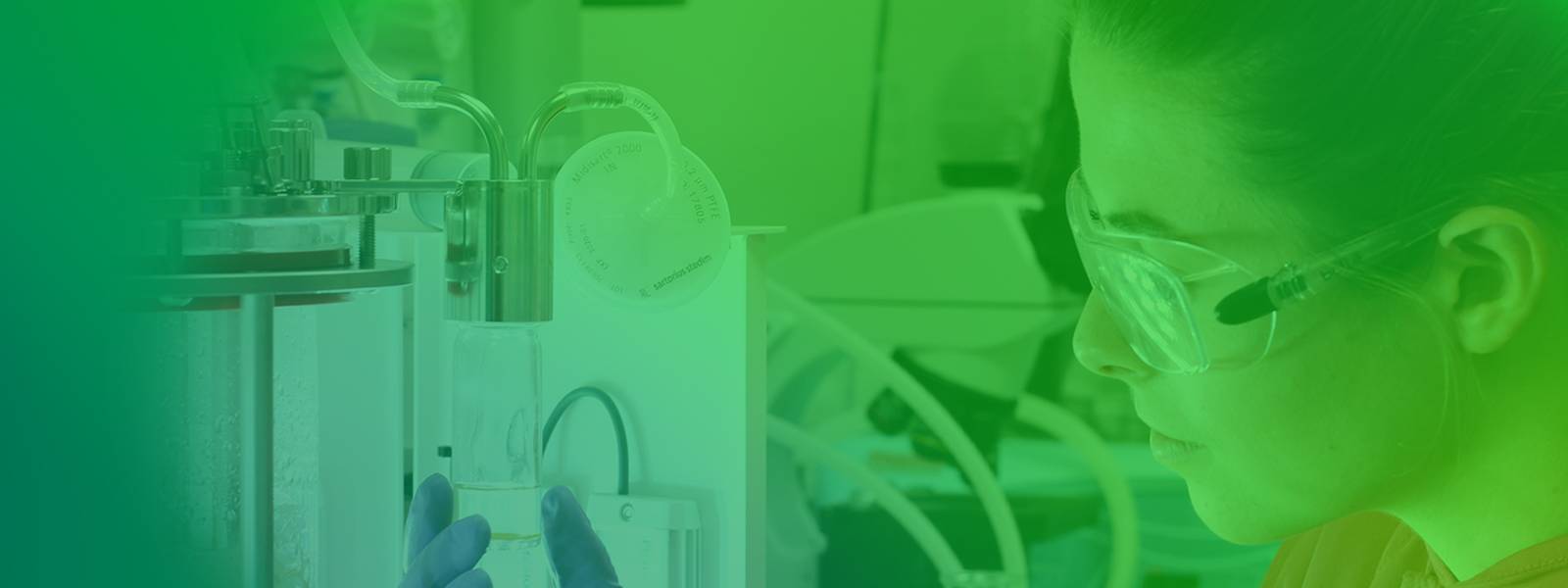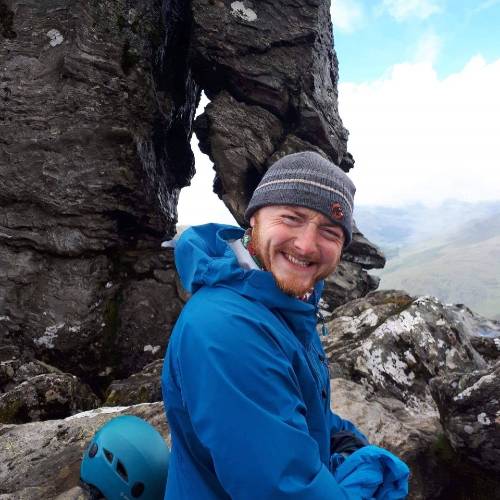What are the main areas your research is focussed on?
There are ever-increasing demands on automotive and aerospace engine manufacturers to develop systems with improved efficiency and reduced environmental footprint. Advanced designs are based on higher service temperatures, lighter weight, and higher operation speeds. If further advances are to be made in these areas, new classes of materials will be required. Intermetallics such as titanium aluminide offer these advantages. Now with industry acceptance, the material can be developed to optimise properties via advanced manufacturing platforms such as FutureForge, at the AFRC.
My project aims to improve the ductility of titanium aluminde components by applying thermomechanical processing techniques, including heat treatments, hot isostatic pressing, and isothermal forging. The microstructure will be refined and controlled to produce high integrity ductile titanium aluminide components.
What do you enjoy most about your research?
Being based at the AFRC we work alongside full-time staff who are experts in their field. Whatever the issue you have there's someone around that has seen it before. Equally the PhD and EngD students based on-site are a good sounding board for ideas in a working atmosphere that provides plenty of support when you need it.
How do you feel your PhD research is preparing you for the future?
I've come into this PhD from a chemistry background rather than an engineering one, so on starting I had plenty to catch up on. The PhD meant I had to take a step back and assess where I was in terms of skills and knowledge - the University gave me the time and space to do that.
Wherever I end up I'll have the confidence, as well as the practical skills, to pick up technical roles and move forward.
What do you hope to do after you graduate?
It's still early days, having just finished my first of four years, so I'm keeping an open mind about options in both industry or academia. Whichever direction or sector I work in I would like to work on improving energy efficiency through the materials used and the processes applied to make them.
What advice would you give to somebody thinking of PhD study at Strathclyde?
Talk to the course coordinator, organise a visit to the department you're interested in. Come talk to the current PhD students, as well as staff, and see what we are up to.
The University has ambition and enthusiasm, and that motivated me to make the move up to Glasgow.

